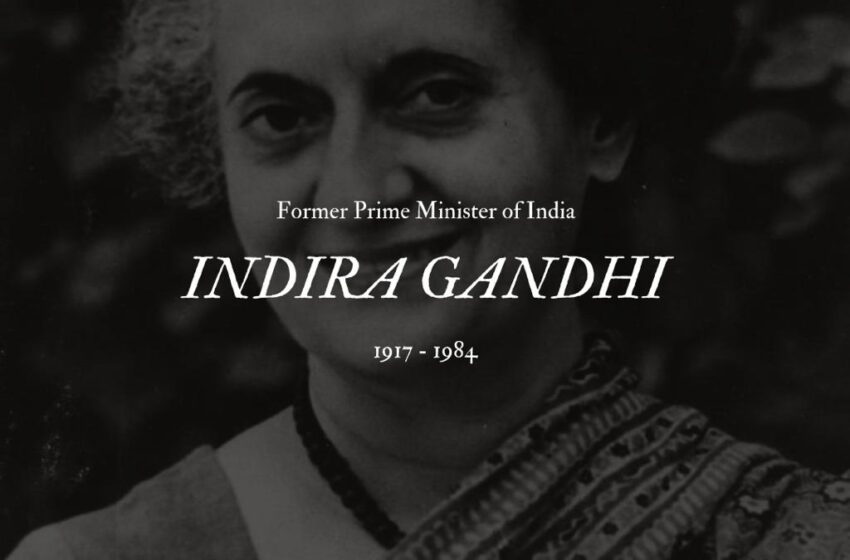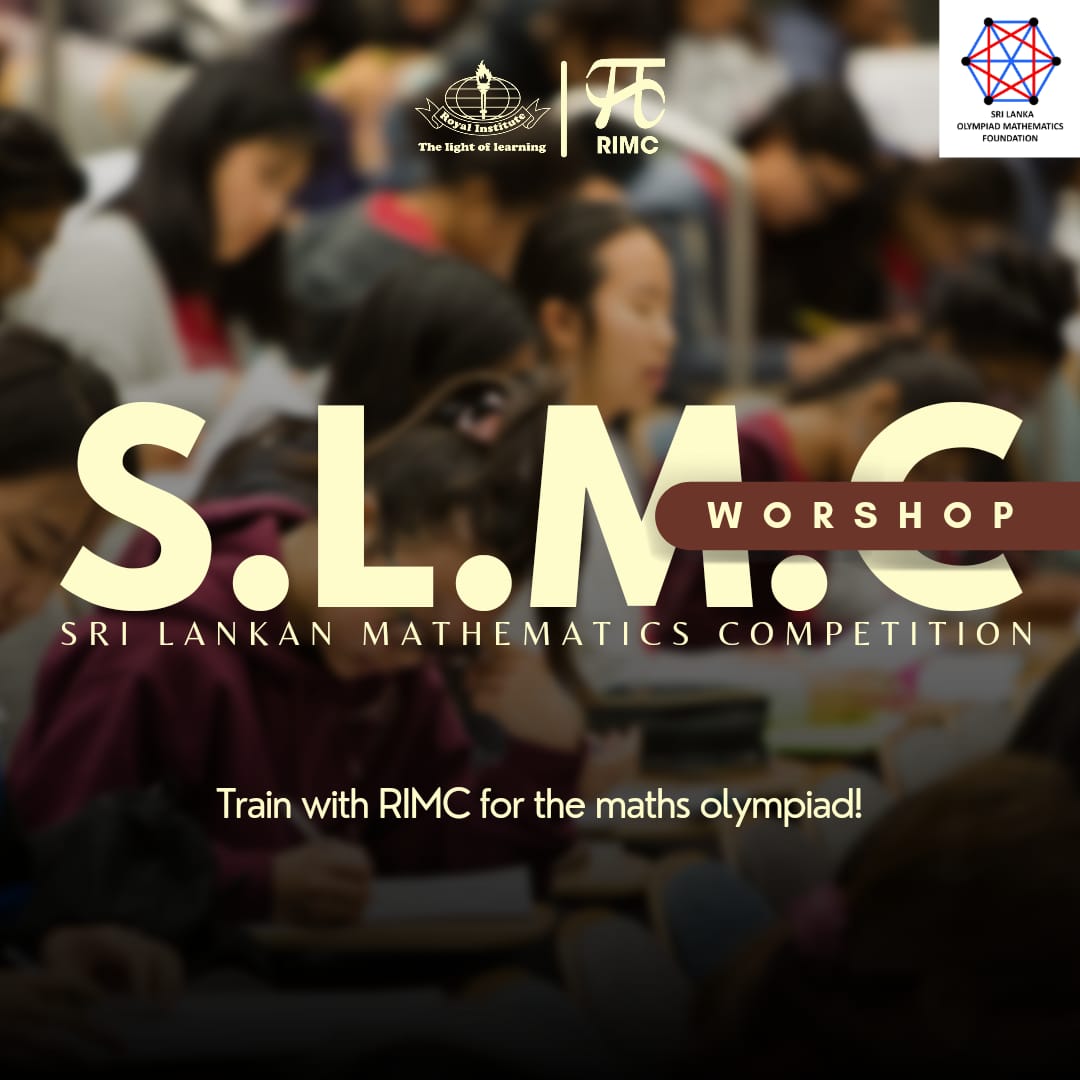INDIRA GANDHI
- History
Neha Hanarasinghe
- January 20, 2023
- 195
- 6 minutes read

Indira Priyadarshini Gandhi, known as the Iron Lady in Indian politics, was the country’s first female prime minister. She was an Indian National Congress icon. She was born into a political family and was the country’s second longest serving Prime Minister after her father, Pandit Jawaharlal Nehru. Her father was India’s first Prime Minister to support Mahatma Gandhi in his battle for independence. When she was first elected prime minister in 1966, she received significant public support for agricultural developments that contributed to India’s self-sufficiency in food grain production, as well as her victory in the Pakistan war, which ended in the formation of Bangladesh in 1971. However, she was re-elected to a fourth term in 1980. Four years later, after a violent fight at the Sikhs’ holiest shrine in Punjab, Gandhi was killed by two of her bodyguards on October 31, 1984, bringing her son Rajiv into power and sparking widespread anti-Sikh riots.
Early life and family
Indira Priyadarshini Gandhi was born on November 19, 1917, in Allahabad, India, to Kamala and
Jawaharlal Nehru. Nehru, a member of the Indian National Congress, was influenced by party leader Mahatma Gandhi and devoted himself to India’s struggle for freedom. Jawaharlal Nehru spent years in prison as a result of the battle, and Indira spent her childhood alone, attending a Swiss boarding school for a few years before studying history at Somerville College, Oxford. Her mother died of Tuberculosis in 1936. Indira married Feroze Gandhi, a Parsi lawyer, in March 1942, against her family’s disapproval, and the couple eventually had two sons: Rajiv and Sanjay.
Achievements
She has several accomplishments. She was awarded the Bharat Ratna in 1972, the Mexican Academy
Award for Bangladesh Liberation in 1972, the FAO’s 2nd Annual Medal in 1973, and the Nagari Pracharini Sabha’s Sahitya Vachaspati (Hindi) in 1976. Gandhi was also given the Mothers’ Award in the United States, the Italian Isbella d’Este Award for outstanding diplomatic service, and the Howland Memorial Prize from Yale University in 1953. According to a French Institute of Public Opinion, she was the most regarded woman in France for two years, 1967 and 1968. According to a special Gallup Poll Survey in the United States, she was the world’s most respected female in 1971. In 1971, she was granted a Diploma of Honour by the Argentine Society for her work for the Protection of Animals.
Political Journey
In 1955, Indira was chosen to the Congress Party’s significant 21-member working committee, and four years later, she was made its president. When Nehru died in 1964, Lal Bahadur Shastri became Prime Minister, and Indira became Minister of Information and Broadcasting. But Shastri’s reign was short; he died suddenly two years later, and Indira was named prime minister by Congress Party leaders. Within a few years, Gandhi gained enormous popularity for implementing successful initiatives that converted India into a food-grain-self-sufficient country, an accomplishment known as the Green Revolution.
Leadership
Following the 1972 national elections, Gandhi was accused of misconduct by her political opponent and, in 1975, was convicted of electoral corruption by the High Court of Allahabad and banned from competing in another election for six years by the Supreme Court of India. Instead of quitting as expected, she responded by proclaiming a state of emergency on June 25, suspending people’ civil freedoms, severely restricting the press, and imprisoning the majority of her opponents without trial. Thousands of dissidents were imprisoned without due process during what became known as the “Reign of Terror.” In March 1977, Gandhi removed the emergency restrictions and called for the next general election, hoping that her prior popularity would ensure her reelection. Despite their restricted rights, the people strongly voted in favor of the Janata Party, and Morarji Desai was elected prime minister. Democracy was restored within a few years, but the Janata Party had little success in overcoming the nation’s terrible poverty issue. Gandhi fought for a new party, Congress (I), and was elected to her fourth term as Prime Minister in 1980.
Assassination
Sikh extremists demanding an independence state took over the famous Golden Temple in Amritsar, Punjab, in 1984. As a result, Gandhi ordered Indian forces to retake the temple by force. Hundreds of Sikhs were murdered in the ensuing storm of gunfire, sparking an uprising among the Sikh community. Indira Gandhi, India’s Iron Lady, was killed outside her home on October 31, 1984, by two of her loyal bodyguards wanting revenge for the events at the temple.
Her statements, made only the day before during a public demonstration in Bhubaneswar, had proved prophetic. Indira Gandhi was delivering a speech written by her information advisor, HY Sharada Prasad. Indira Gandhi discussed the possibility of a sad end to her life for a few seconds by eliminating the written script. “I’m here today, and maybe I won’t be here tomorrow,” she explained. ” Nobody knows how many attempts to shoot me have been made. If I live or die, I do not care. I’ve lived a long life, and
I’m proud that I’ve spent my entire life helping my country.”
Gandhi, Indira History is one of the most well-known Indian leaders in the world. She was India’s first and only female Prime Minister, as well as the daughter of one of the country’s founding fathers, Pandit Jawaharlal Nehru. Her significant international presence aided India’s development as an emerging global superpower. Many referred to her as “The Iron Lady of India” during her rule. Many political leaders acclaimed her as a “goddess” when she led India to victory in the 1971 Indo-Pakistan War, with Atal Bihari Vajpayee referring to her as “Goddess Durga.” Despite her triumphs, her time was not without controversies. Nonetheless, as one of India’s greatest Prime Ministers, she leaves behind a legacy.



